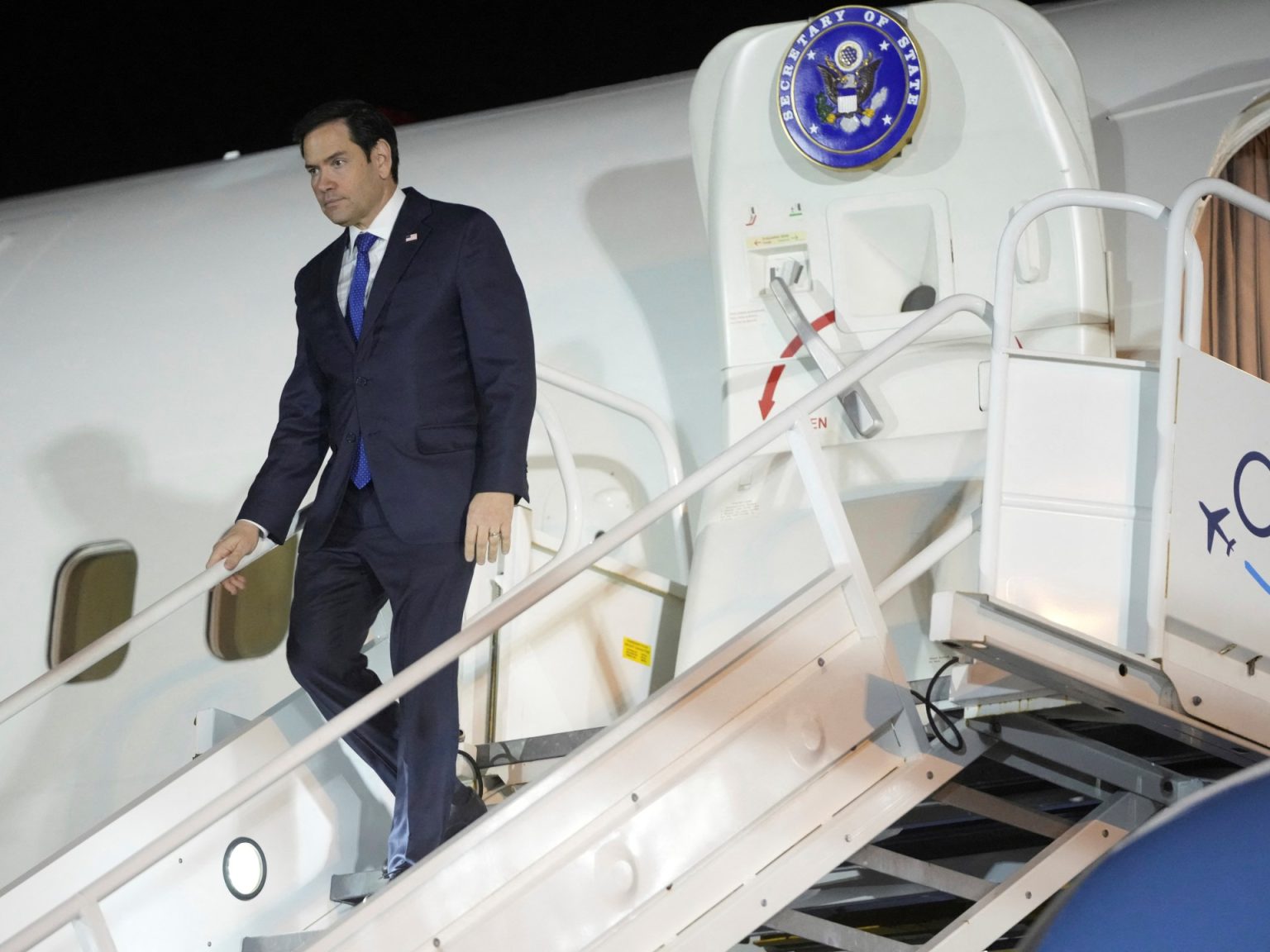Secretary of State Marco Rubio’s inaugural foreign trip to Panama carries significant weight, arriving on the heels of President Trump’s controversial pronouncements about seizing the Panama Canal. This historic waterway, connecting the Atlantic and Pacific Oceans, handles a substantial portion of US container traffic, underscoring its strategic importance. Trump’s assertion that the US should “take back” the canal, which was handed over to Panama in 1999, has understandably stirred anxieties in the Central American nation and beyond. The President’s claim of excessive Chinese influence through investments in surrounding ports, coupled with unsubstantiated allegations of Panama concealing Chinese involvement, has further complicated the situation. Rubio’s visit is tasked with navigating this delicate diplomatic terrain, aiming to clarify the US position while reassuring a long-standing ally.
The Panama Canal represents a vital artery of global commerce, facilitating the transit of goods between the eastern and western hemispheres. Its significance to the US economy is undeniable, with a substantial percentage of American container traffic relying on its smooth operation. Trump’s rhetoric, however, threatens to disrupt this established dynamic, casting a shadow of uncertainty over the future management of the canal. While the US maintains a legitimate interest in the canal’s security and efficient operation, the President’s approach has raised concerns about respecting Panama’s sovereignty and adhering to international agreements. Rubio’s challenge is to articulate a more nuanced strategy that addresses US concerns without undermining the bilateral relationship.
President Trump’s rationale for reclaiming the canal revolves around his perception of growing Chinese influence in the region. He alleges that China’s investments in ports surrounding the canal represent an undue level of control, potentially jeopardizing US interests. This assertion aligns with his broader “America First” policy and his skepticism towards international agreements. However, the President has not provided concrete evidence to support his claims, and his aggressive stance has been met with resistance from Panama. President Mulino has firmly rejected the notion of renegotiating the canal’s ownership, emphasizing that it unequivocally belongs to Panama. This sets the stage for a complex diplomatic dance between the two nations, requiring careful negotiation and a clear understanding of each other’s positions.
Rubio’s mission is further complicated by the recent imposition of tariffs on Canada, Mexico, and China, along with the freezing of a significant portion of US foreign aid. These actions signal a more assertive and potentially isolationist foreign policy approach by the Trump administration. This context adds another layer of complexity to Rubio’s task in Panama, as he must navigate not only the specific issue of the canal but also the broader shift in US foreign policy. The Secretary of State will need to reassure Panama and other regional allies that the US remains committed to constructive engagement while simultaneously conveying the administration’s new priorities.
While President Mulino has ruled out any negotiation regarding the canal’s ownership, there remains a possibility for compromise. One potential avenue involves addressing concerns about the Hong Kong-based Hutchison Ports company’s operation of ports on both sides of the canal. Transferring these concessions to an American or European firm could potentially alleviate some of the US’s anxieties regarding Chinese influence. However, it is unclear whether such a move would satisfy President Trump, whose demands appear to extend beyond operational control. Rubio’s discussions with Panamanian officials will likely explore this possibility, seeking common ground while acknowledging the differing perspectives.
The success of Rubio’s mission hinges on his ability to effectively communicate and negotiate. He must clarify the US position on the canal, addressing legitimate security concerns while respecting Panama’s sovereignty. Simultaneously, he must gauge Panama’s willingness to compromise, exploring potential solutions that address both sides’ interests. This delicate diplomatic balancing act requires a nuanced understanding of the historical context, the current geopolitical climate, and the specific concerns of both nations. Rubio’s ability to navigate these complexities will be a crucial test of his diplomatic skills and could significantly impact the future of US-Panama relations.

